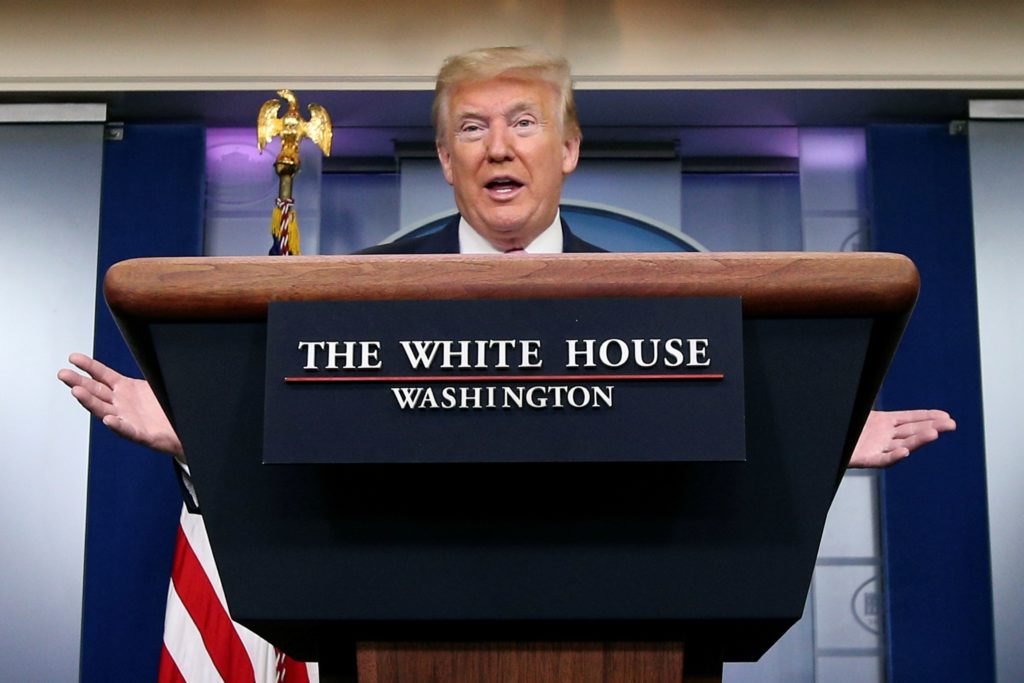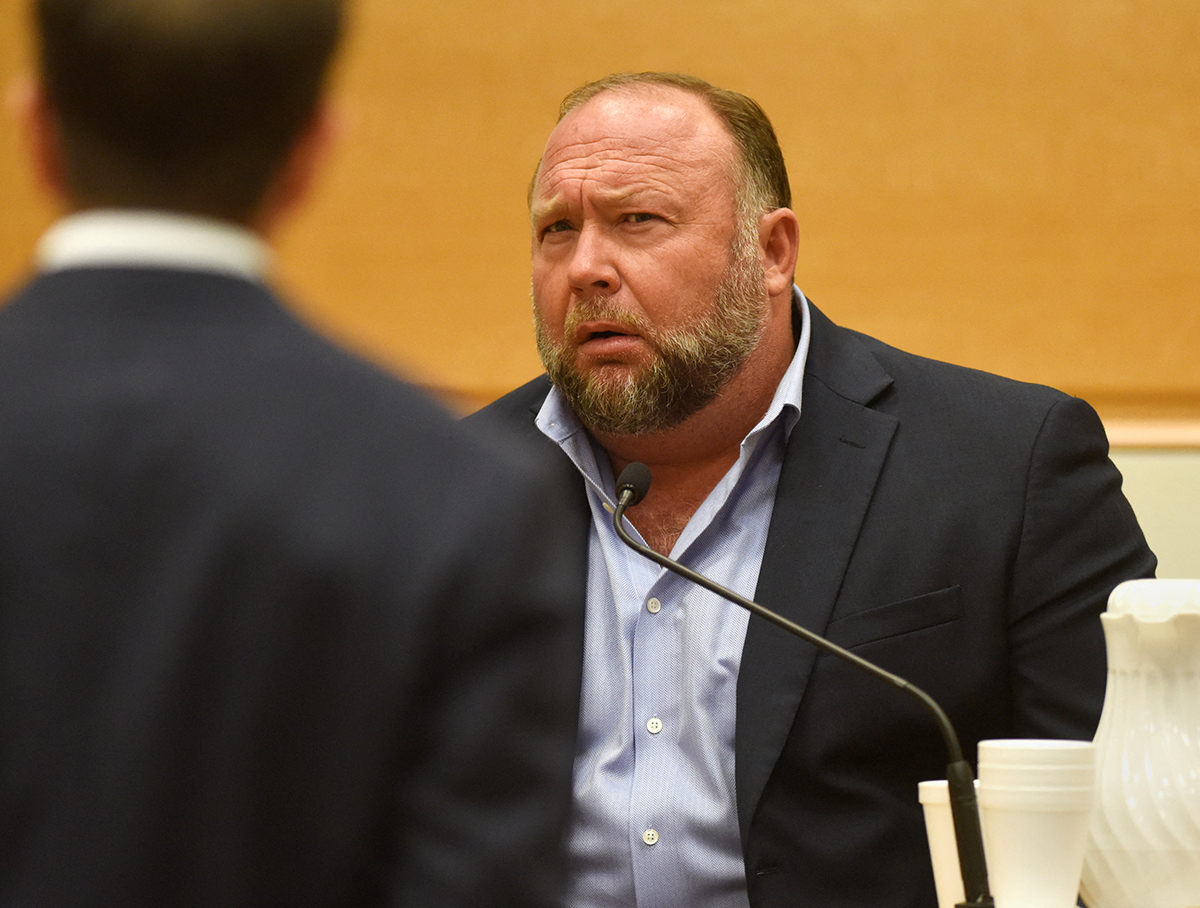On May 20, Chinese Americans Civil Rights Coalition, a nonprofit organization, filed a defamation lawsuit against former President Trump both in his former official capacity and as a private citizen for his comments about COVID-19. The complaint includes a list of Trump’s allegedly defamatory statements, including tweets and campaign speeches in which Trump referred to COVID-19 as the “Chinese virus,” “China virus,” “China plague,” and “kung flu.”
Filed in the U.S. District Court for the Southern District of New York, the complaint references the significant rise in hate crimes and reports of discrimination against Asian-Americans since the beginning of the COVID-19 pandemic, and provides abundant examples of alleged incidents.
The complaint asserts that “[t]he truth matters, words have consequences… especially from those in powerful and influential positions. Against the well-published WHO guidelines and the repeated advices from health officials of his own administration, Defendant intentionally repeated those defamatory words to serve his own personal and political interest with astonishing level [sic] of actual malice and negligence, hence severely injuring the Chinese/Asian Americans communities in the process. If this case does not rise to the level of defamation by an individual holding the most powerful office with the most solemn responsibility for all Americans, then nothing does.”
The complaint further states that “…the First Amendment does not apply to Defendant in this case,” adding that “[o]ur Founding Fathers intended for the First Amendment to protect ordinary people and the press from dictators, rather than for the First Amendment to allow Defendant, who held the most powerful constitutional office, to knowingly and intentionally repeated [sic] lies and spread defamatory statements.”
In addition to defamation per se, the complaint alleges intentional infliction of emotional distress and negligent infliction of emotional distress. According to the complaint, the Chinese Americans Civil Rights Coalition is seeking damages of “$1.00 as an apology to every Asian American and Pacific Islanders (AAPI) living in the United States, total [sic] $22.9 million based on the latest estimate by the U.S. Census on Apr. 19, 2021.”
Tags




